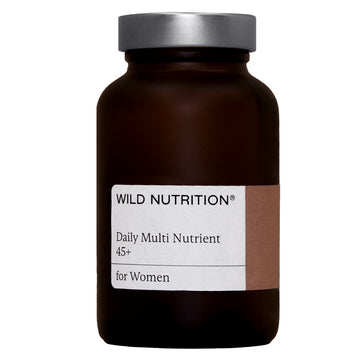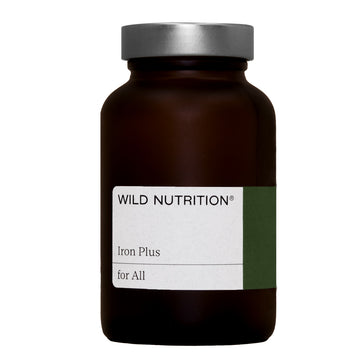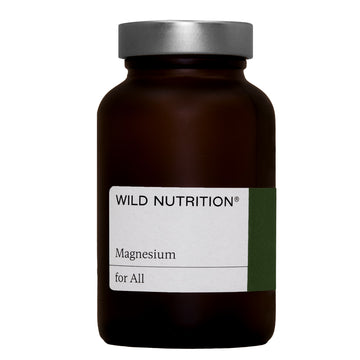Making positive changes to your diet can influence your symptoms and help you to strengthen your body for surgery and the recovery.
Eating well with endometriosis also supports your energy, sleep, mood and your ability to juggle a busy life or stress.
With over 13 years specialising in endometriosis and women’s health, I know first-hand that taking positive changes to your diet can influence your symptoms and help you to strengthen your body for surgery, recovery and managing the condition longer term. Research shows the beneficial link between specific nutrients and dietary focus and combating endometriosis symptoms. Eating well with endometriosis may also support your energy, sleep, mood and your ability to juggle a busy life or stress.
Endometriosis is, in part, a condition where the immune system is ‘dysregulated’ (doesn’t in part function normally) and inflammation not only creates painful or uncomfortable symptoms but also worsens the condition overall. Therefore dietary support focuses on helping the immune system and reducing inflammation.
1. The endometriosis diet needs key nutrients
Women with endometriosis are recorded to have low nutrient status. Indeed, a great number of the many women I see in clinics and consultations are lacking key nutrients, evidenced by research showing Vitamin D, Zinc, Vitamin E, Omega 3 fatty acid and Vitamin A are typically low in those with the condition. (*1) One thing these nutrients all have in common is that they support the immune system. Not only that, they work as antioxidants and nutrient antioxidants play a supportive role in endometriosis by helping to reduce pain (*2). Interestingly, any nutrients that support the immune system also support hormone equilibrium - another significant area of health to get control of when tackling endometriosis.
2. Eat more vegetables and colourful fruit
Research shows a positive relationship between increased green vegetable consumption and a significant reduction in endometriosis (*3). A further study showed that Carotenoid rich foods (such as citrus fruit or other vegetables with orange and yellow colours) also positively affected symptoms of endometriosis (*4). This is because these types of vegetables are rich in antioxidants that support the immune system and management of an inflammatory condition. A great way to increase your vegetable intake is through smoothies and soups.
3. Eat more fibre
With endometriosis, it's really important to keep your bowel movements regular so that old hormones such as oestrogen can be safely removed as waste (once the body is done using it), and stop higher levels building up. Increasing fibre intake not only helps to keep your bowel movements regular but research also shows that fibre also helps to feed the gut microbiome required for a healthy immune system.
A special category of vegetable called cruciferous (broccoli, cauliflower, brussel sprouts and cabbage) is particularly beneficial as they contain a natural compound called Indole-3-carbinol (I3C), a type of glucobrassicin which naturally supports oestrogen metabolism (*5). Glucobrassicins have also been shown to have an anti-inflammatory action in the body (*6).
4. Omega 3 and the endometriosis diet
The essential fat, Omega 3, plays a really critical role when it comes to supporting endometriosis. It's very common for endometriosis sufferers in the UK to be low in Omega 3 (*7) because not everyone loves eating oily fish two or three times each week. An essential fat cannot be made in the body; it must come from diet or supplementation if you prefer not eating fish.
Other research shows Omega 3 helps to reduce the progression of the condition and symptoms (*8) because Omega works as an anti-inflammatory, supporting the immune system. Fish oil supplemented adolescents with endometriosis were reported to have a 50% drop in VAS scores (*9). VAS scores are a subjective measure for acute and chronic pain. Women with higher circulating levels of Omega 3 EPA are less likely to have endometriosis (*10).
In addition, Omega 3 also has the power to influence how inflammation starts in the first place, by having a positive impact on a special immune protein called NF Kappa B which is involved in the increase of inflammation (*11). Tackling inflammation in endometriosis also helps to control oestrogen production, which we know significantly affects the condition and its ability to progress. This is because oestrogen as a hormone also has the capacity to raise inflammation in the body and this, in turn, means the body produces even more more oestrogen (*12).
5. Consider gluten and wheat removal
Research has shown 75% of endometriosis patients found a significant decrease in symptoms when following a gluten free diet over 12 months. Further, gluten elimination has been shown to reduce endometriosis symptoms (*13). My clinical experience is that patients benefit from removing gluten or wheat, especially if experiencing gut issues, constipation or bloating as these symptoms can worsen classic endometriosis symptoms.
Removing wheat, which contains gluten, may also be beneficial. Wheat is classified as a ‘high fodmap food’ whereas a Low Fodmap Diet is one of the most respected diets with research showing it can provide 50% improvement in IBS symptoms for those with endometriosis (*14). Digestive issues are common in endometriosis and can create more pain. The Low Fodmap diet involves excluding certain foods, but whilst it's effective, it's best completed under supervision by a nutrition professional.
6. Befriend your gut microbiome
There is a relationship between endometriosis disease progression and gut health. An official research-based hypothesis called the ‘bacterial contamination hypothesis’ understands that bad bacteria and imbalances in the gut microbiome play a role in the potential for endometriosis to occur (*15). Therefore I recommend in general taking a closer look at your gut health overall and including foods that ‘feed’ the gut such as fermented foods like sauerkraut, raw dairy and kefir. However, if you suffer from digestive upset or bloating when you eat fermented foods or dairy, we recommend avoiding those foods. Please check in with our team of expert nutritional therapists before starting to use a probiotic.
Written By Wild Nutrition Founder & Formulator Henrietta Norton
Looking for more information on endometriosis? Read our blog 'What Are The Benefits Of Endo Support?'.
















